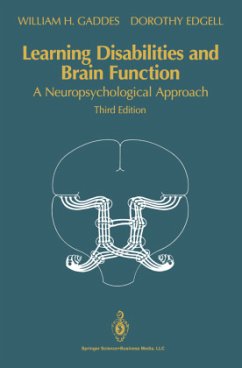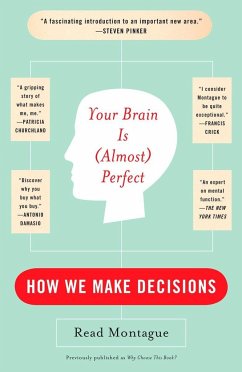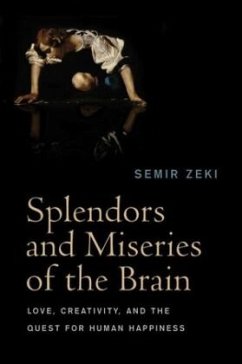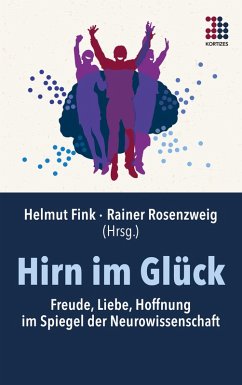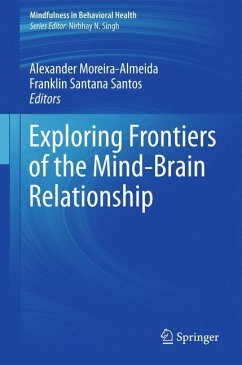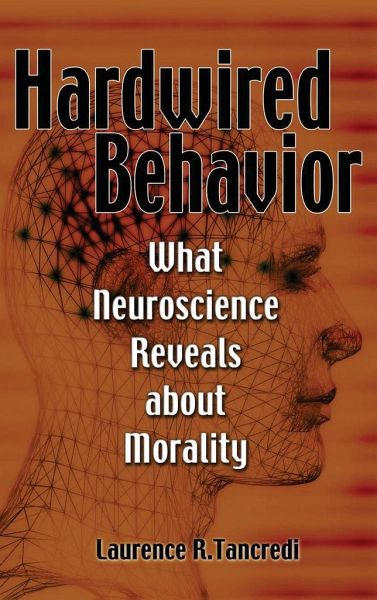
Hardwired Behavior
Versandkostenfrei!
Versandfertig in 1-2 Wochen
54,99 €
inkl. MwSt.
Weitere Ausgaben:

PAYBACK Punkte
27 °P sammeln!
This book explores the impact of neuroscience research over the past 20 or more years on brain function as it affects moral decisions. Findings show that the mind and brain are very close, if not the same, and that the brain 'makes' the mind. This is bringing about a change of focus from examining mental activity (mentalism) to the physical activity of the brain (physicalism) to understand thinking and behavior. We are discovering that the physical features of the brain play the major role in shaping our thoughts and emotions, including the way we deal with 'moral' issues. This book sets out t...
This book explores the impact of neuroscience research over the past 20 or more years on brain function as it affects moral decisions. Findings show that the mind and brain are very close, if not the same, and that the brain 'makes' the mind. This is bringing about a change of focus from examining mental activity (mentalism) to the physical activity of the brain (physicalism) to understand thinking and behavior. We are discovering that the physical features of the brain play the major role in shaping our thoughts and emotions, including the way we deal with 'moral' issues. This book sets out the historical framework of the transition from 'mentalism' to 'physicalism', shows how the physical brain works in moral decisions and then examines three broad areas of moral decision-making - the brain in 'bad' acts, the brain in decisions involving sexual relations, and the brain in money decision-making.







